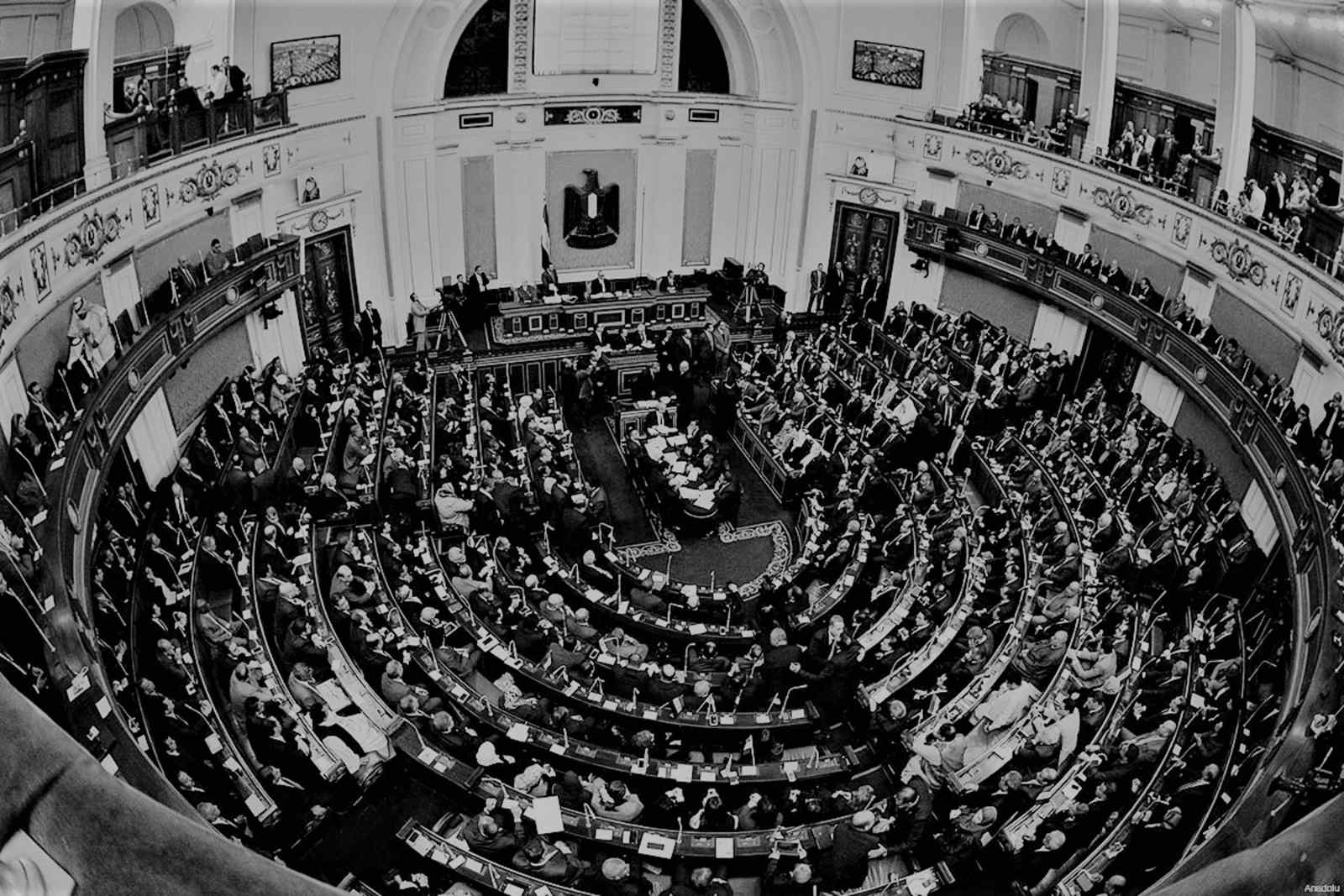It’s back to the drawing board

Amendments to the Real Estate Registry Act are now suspended for at least two years under directives from President Abdel Fattah El Sisi, according to an Ittihadiya statement. The two-year freeze is meant to allow time for public consultations on the legislation and the introduction of an alternative to the controversial 2.5% tax on the quick sale or disposition value of real estate assets.
In the meantime, properties that get registered at the Real Estate Registry will be subject to a reduced fixed registration fee, which will be determined based on the size and type of property, El Sisi said.
What now? Cabinet will now prepare a draft bill for this interim period that would set the fees and other procedures, Justice Minister Omar Marwan told Ala Mas’ouleety’s Ahmed Moussa. Property owners with “older” contracts (the exact definition of which will also be specified in the forthcoming bill) will be able to register their properties if they want to during this two-year period and pay the fixed fee, which Marwan said will be affordable to all (watch, runtime: 16:10). This bill will be expedited and must be sent to the House of Representatives before Saturday, 6 March, when the original amendments to the Act were due to come into effect, Marwan told Kelma Akhira’s Lamees El Hadidi (watch, runtime: 2:49).
The Real Estate Registry Act will also be amended again over the course of the next two years, Marwan told Lamees. It has not yet been decided whether the 2.5% tax will be lowered in the reworked bill, and this remains an issue for the Finance Ministry to decide (watch, runtime: 2:10).
Background: Changes to the Real Estate Registry Act were meant to expedite registry procedures and better regulate registry offices. Under the amendments, property owners were required to visit a local ma’moreya and a judge to validate property sale and purchase agreements before heading down to the Real Estate Registry. Properties would only get access to basic utility infrastructure after being registered, but would not retroactively cut off utility access for properties already connected to the infrastructure.
WATCH THIS SPACE- The House Housing Committee and House Local Administration Committee are teaming up to look at the new proposed building and planning criteria for Egyptian cities, Masrawy reports. Prime Minister Moustafa Madbouly had presented the proposed construction regulations to House committees last month, saying at the time that the regulations cover everything from building height, ratios, and usage to urban coordination and hoops builders need to jump through before they can start construction.
Also getting House approval yesterday:
- Legislation governing the purview of the Central Agency for Organization and Administration (CAOA), according to Youm7. The amended law, which received committee-level approval last month, allows the agency to propose and make recommendations on draft legislation affecting public sector workers, approve bylaws, and monitor the distribution of skills and expertise among government entities. CAOA is responsible for working on administrative reforms, developing the quality of civil services, and ensuring government bodies are fulfilling their mandates.
- A law to simplify the process of electing members of the Federation of Egyptian Industries passed a plenary session vote after previously getting approval from the House Industry Committee.
ELSEWHERE IN LEGISLATION- Amendments to the Traffic Act are now the law of the land after receiving presidential approval yesterday, Youm7 reports. The amendments introduce new registration fees on vehicles to fund the rollout of the government’s planned smart transport system. You can find a run-down of the fees here.